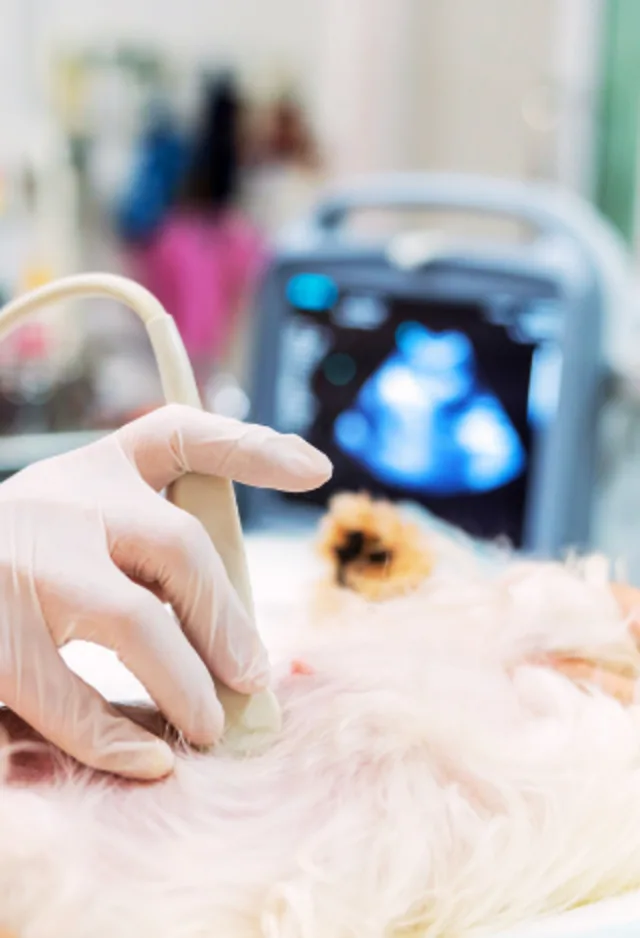Animal Care Hospital of Lompoc



Our Team
We believe in treating every patient as if they were our own pet, and giving them the same loving attention and care. We are a group of highly trained, experienced animal lovers who are devoted to giving our patients the best care possible.
We are always committed to going above and beyond for our clients and patients. Pets are family, and we will always be here to help.

Pharmaceuticals
Animal Care Hospital offers a comprehensive in-house pharmacy and an online pharmacy. In addition to prescription medications, we offer a wide variety of over-the-counter medical products.
Client Reviews & Testimonials
Our staff at Animal Care Hospital of Lompoc values feedback from our clients. Here is just a small sample of the hundreds of happy and healthy pets that we have cared for since 1998 in Lompoc, CA.





